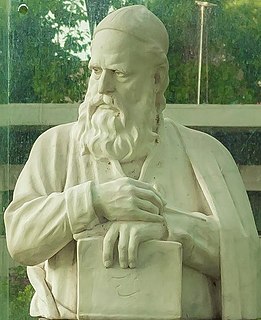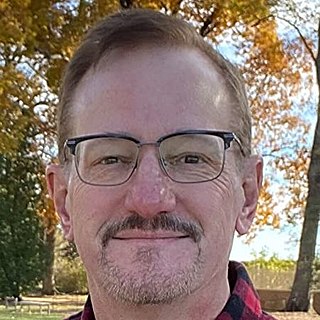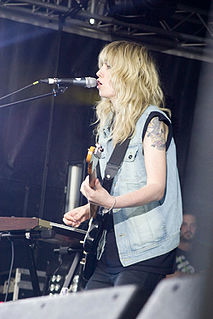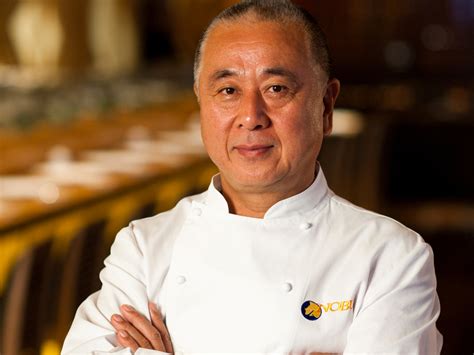A Quote by Kelley Armstrong
We drove to the airport. On the way, Clay gave him "the lecture," including all the do's and don'ts of meeting the Alpha, which was only slightly more complicated than an audience with the queen. Don't sit until you're invited to. Don't talk unless he asks you a question. Don't eat before he does. Don't make direct eye contact. Jeremy demanded none of this, but that wasn't the point.
Related Quotes
A very tall man once asked a question after my talk. Before beginning his question, he explained that the reason he was standing up is not to be intimidating but rather to make eye contact. His question was essentially "are we really interested in moral motives? Isn't it all about action?". I pointed out to him that it was not enough for him to do the right thing - stand up - but he also wanted me to know that he is doing it from the right motive or for the right reason - to make eye contact, rather than to be intimidating. Voila, moral psychology.
Until you guys own your own souls you don't own mine. Until you guys can be trusted every time and always, in all times and conditions, to seek the truth out and find it and let the chips fall where they may—until that time comes, I have the right to listen to my conscience, and protect my client the best way I can. Until I'm sure you won't do him more harm than you'll do the truth good. Or until I'm hauled before somebody that can make me talk.
Every lecture should state one main point and repeat it over and over, like a theme with variations. An audience is like a herd of cows, moving slowly in the direction they are being driven towards. If we make one point, we have a good chance that the audience will take the right direction; if we make several points, then the cows will scatter all over the field. The audience will lose interest and everyone will go back to the thoughts they interrupted in order to come to our lecture.
Any more questions?" I ask, poking him gently in the ribs. "Do you still love me any?" Eliot asks, putting his hand over mine. "A little." "A little?" he asks, pulling away from me. "A lot." "How much?" he asks. "More than chocolate chip cookies." "Mmm" he says, kissing my shoulder. "More than walking on the beach." Eliot kisses me on the neck. "More than . . ." I pause, turning to look at him. "More than?" he asks, kissing my lips. I turn toward him. "Anything.
I have often had cause to feel that my hands are cleverer than my head. That is a crude way of characterizing the dialectics of experimentation. When it is going well, it is like a quiet conversation with Nature. One asks a question and gets an answer, then one asks the next question and gets the next answer. An experiment is a device to make Nature speak intelligibly. After that, one only has to listen.
Of course, to avoid getting stuck in that convo with someone you dislike or feel uncomfortable around, don't be passive, be proactive. Do not let them direct your interaction on their terms, do it on yours. Ask a Misdirection Question--something too difficult to answer quickly--e.g., 'What's Congress up to?' or 'You ever learn any cool science?' When you ask the question, don't make eye contact, keep moving and get out of there. Do not wait for a response and deny ever asking it. Repeat these actions until you are never again spoken to by that individual (about four times).
On some positions, cowardice asks the question, is it expedient? And then expedience comes along and asks the question, is it politic? Vanity asks the question, is it popular? Conscience asks the question, is it right? There comes a time when one must take the position that is neither safe nor politic nor popular, but he must do it because conscience tells him it is right.





































